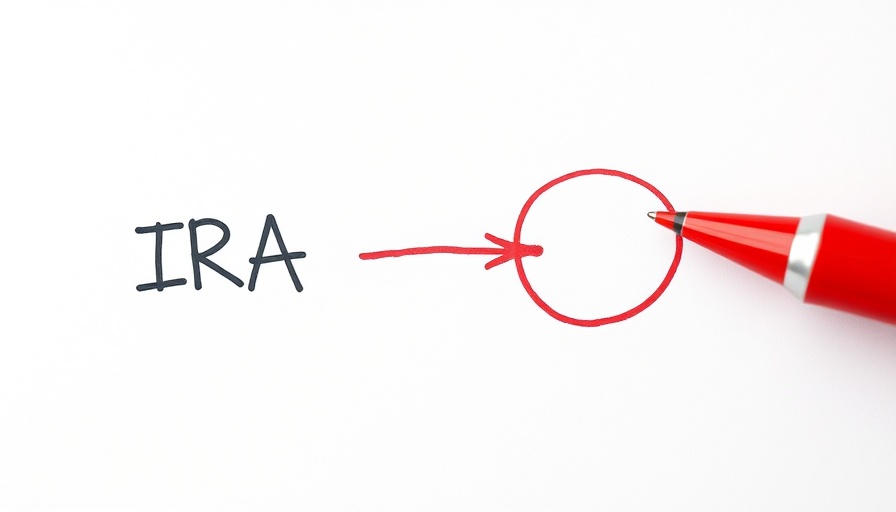
Understanding the Roth IRA Conversion in Today's Tax Landscape
The recent passage of the One Big Beautiful Bill Act (OBBBA) introduces important changes to tax laws that business owners and high-income professionals, such as doctors, dentists, and entrepreneurs, should consider when contemplating a Roth IRA conversion. A Roth IRA allows for tax-free withdrawals in retirement, making it an appealing choice for many seeking to secure long-term financial stability.
Key Factors Impacting Your Conversion Decision
Several elements should guide your decision on whether or not to convert to a Roth IRA under the new laws. First, assess your current and expected future tax rates. If you anticipate being in a higher tax bracket during retirement, a Roth conversion could be beneficial by locking in a lower tax rate now. Additionally, OBBBA reinforces provisions that may affect how your income, deductions, and credits play into your decision.
Timing is Everything: When to Convert?
Timing your conversion can significantly impact your tax liabilities. Choosing to convert in a year of lower income or significant deductions can mitigate the tax burden. It’s crucial to strategize this move during times when your business shows lower-than-expected profits, making the conversion more advantageous.
Potential Risks and Challenges
While the benefits of a Roth IRA conversion can be substantial, a few risks persist. The immediate tax hit can be steep, especially in higher earning years. Moreover, you cannot access converted funds for five years without penalties, a critical consideration for those who may require liquidity. Moreover, carefully examine how these conversions could influence your Medicare premiums and other income-based entitlements.
Take Action: Consult a Financial Planner
Considering a Roth IRA conversion is significant and should not be taken lightly, especially in light of the recent tax law changes. Consulting with a financial planner can provide personalized strategies based on your financial landscape, helping you navigate the complexities introduced by the OBBBA. Understanding these nuances can help safeguard your wealth for future generations.
 Add Row
Add Row  Add
Add 




Write A Comment